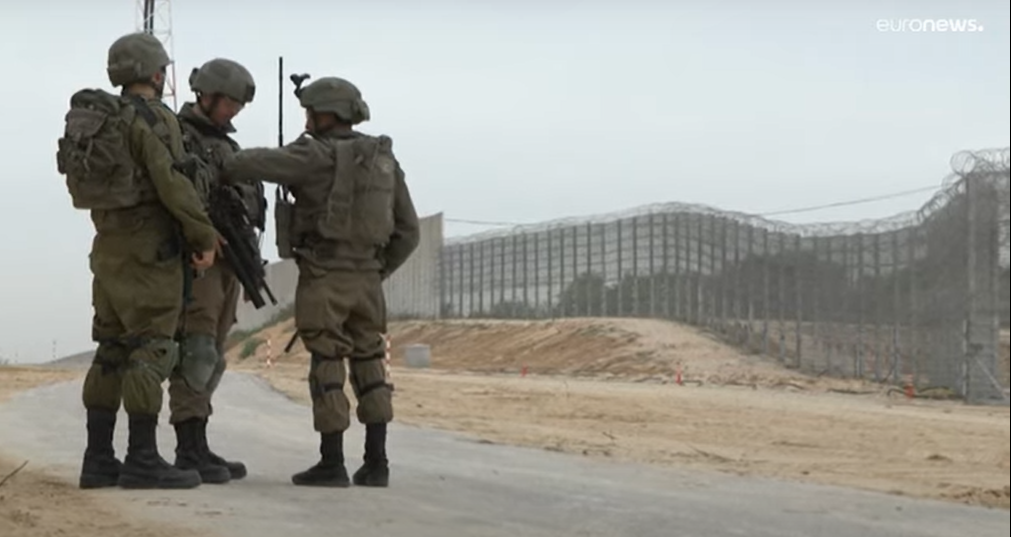The visits to Israel by US Secretary of State Tony Blinken and National Security Adviser Jake Sullivan were seen as positive by political officials in Jerusalem.
There is a growing alignment between Israel and the United States on the expected duration and character of the conflict in the Gaza Strip until the fall of the Hamas regime and the destruction of its military capabilities.
John Kirby, spokesperson for the US National Security Council, stated on December 15 that the US concurs with Israel’s position on the potential continuation of the conflict for months.
However, there is ongoing discussion to ensure more targeted and limited actions, indicating a general consensus for a measured approach.
Political officials in Jerusalem emphasize that the US recognizes Israel’s right to take necessary actions to prevent incidents like the October 7 massacre.
The consensus is that Hamas should no longer control the Gaza Strip, necessitating its disarmament and the dismantling of its military infrastructure.
The agreement extends to the understanding that any future government in the Gaza Strip must pursue peace, opposing the destruction of Israel and the harm to Jewish lives.
Without adherence to these principles, no Palestinian governance in the Gaza Strip can be sustainable, hindering the rehabilitation of the war-torn area and preparation for future elections.
However, a disagreement persists between Israel and the Biden administration regarding the post-war governance of the Gaza Strip.
Israel opposes the US stance favoring the Palestinian Authority (PA) as the post-war authority, insisting on comprehensive reforms before any consideration.
Prime Minister [Name] has established a dedicated team, led by National Security Adviser Tzachi Hanegbi and Minister Ron Dermer, to articulate Israel’s position on the governance of the Gaza Strip and engage in discussions with the US to reach an understanding.
In the aftermath of the war, Israel has outlined the principles of its new security concept for the Gaza Strip:
- Complete destruction of Hamas’ military infrastructure, including the elimination of all military wing commanders.
- Israel’s unrestricted security freedom of action in the Gaza Strip to prevent terrorist organizations from rearming and ensure demilitarization.
- Establishment of a buffer zone along the Gaza Strip’s border with Israel to prevent infiltration.
- Full Israeli control over the “Philadelphia Corridor” in the Rafah area, including the creation of a new land barrier to prevent arms smuggling from Egypt.
- The Gaza Strip’s status will mirror territorial status B in Judea and Samaria, allowing the IDF to enter whenever necessary for counterterrorism purposes.
- Prohibition of laborers from the Gaza Strip working in Israel.
Senior Israeli security officials emphasize that these conditions are imperative to thwart future terrorist attacks from the Gaza Strip.
Immediate implementation is crucial to allow residents of Israeli settlements on the Gaza Strip’s border to return home and rebuild.
Realistically, there is no expectation of a positive shift in the Palestinian public’s attitude in the Gaza Strip toward Israel.
The majority are refugees with a deep-seated resentment toward Israel, supporting Hamas despite the hardships brought about by its actions.
The international community is urged to take the lead in Gaza Strip rehabilitation efforts, utilizing funds from Arab countries.
The establishment of a politically neutral local civil administration, detached from any entity hostile to Israel, should focus solely on day-to-day life management.
These principles guide Israel’s security policy for the Gaza Strip post-war, acknowledging that the conflict persists and preparations for the aftermath are essential.




